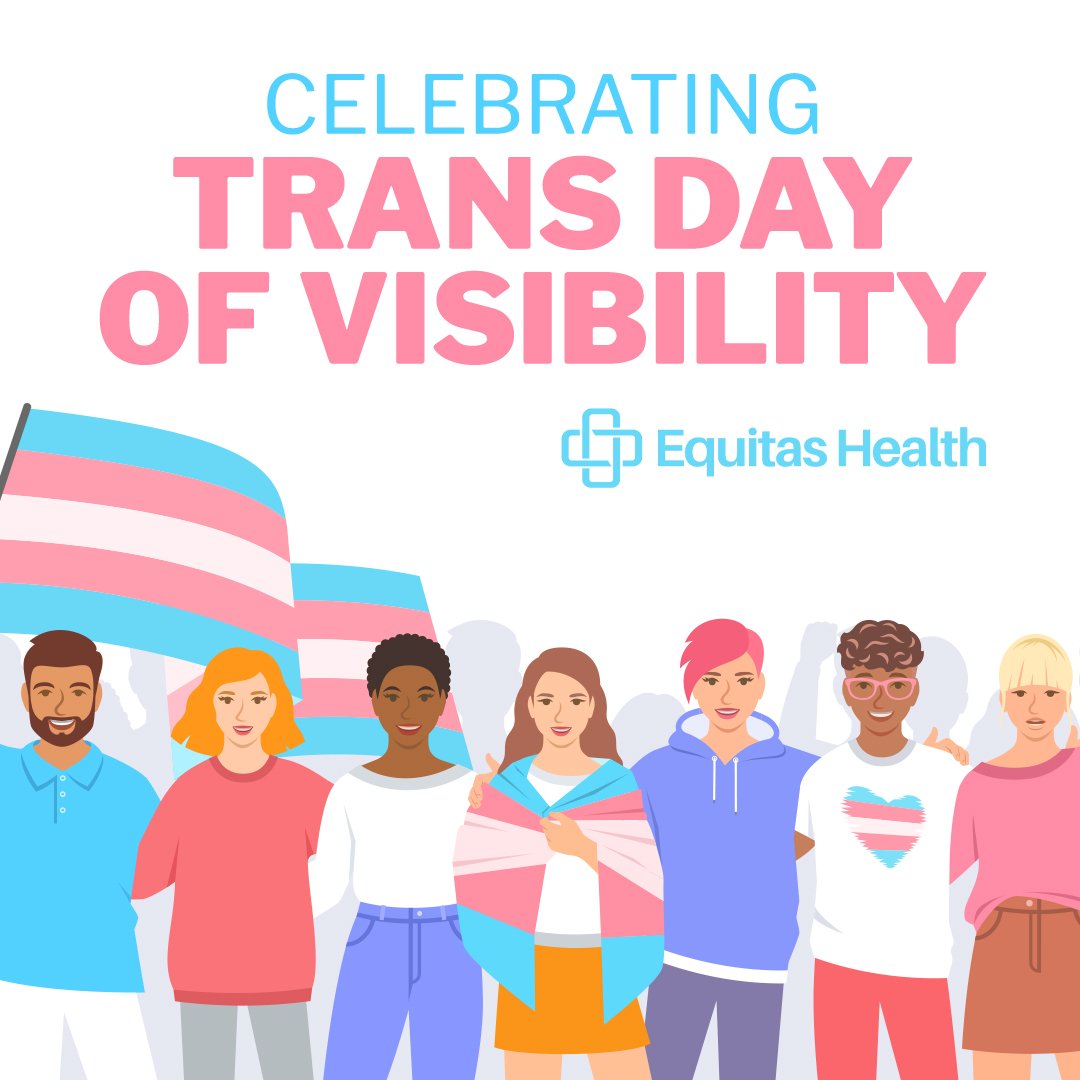Blog
In August, the U.S. Department of Health and Human Services proposed a rule that would bar discrimination in federally funded healthcare settings on the basis of sex, including sexual orientation and gender identity. While Equitas Health applauds these added protections, we told the government that we think the rule should go even further.
This new rule for Section 1557 of the Affordable Care Act (ACA) will restore and strengthen civil rights protections in certain federally funded health programs and HHS programs. A 2020 version of the rule limited its scope and power, which allowed for more anti-LGBTQI+ discrimination in healthcare.
“This proposed rule ensures that people nationwide can access health carefree from discrimination,” said HHS Secretary Xavier Becerra. “Standing with communities in need is critical, particularly given increased attacks on women, trans youth, and health care providers. Health care should be a right not dependent on looks, location, love, language, or the type of care someone needs.”
This week, Equitas Health filed an open comment with the U.S. Department of Health and Human Services (HHS) highlighting the health disparities that many LGBTQI+ people face. Because of these disparities, we strongly recommend that HHS:
To read the full text of our letter to HHS, click here.
The public comment period is open until Monday, October 3 at 11:59pm. If you’d like to share your opinions and experience on this topic with HHS, one way to do it is to visit ProtectTransHealth.org. On their home page, you fill find a simple form that you can use to anonymously send your comments. The site is operated by the Transgender Law Center, National Center for Transgender Equality, and the Transgender Legal Defense & Education Fund.

Blog 3/29/24
Equitas Health is pleased to announce that a collective bargaining agreement has been reached with Equitas Health Workers United Local #6609. Members of the bargaining unit voted this week, and the result was resounding support for ratification of the agreement.

Blog 3/25/24

Blog 3/1/24

Blog 2/27/24

Blog 2/26/24

Blog 1/30/24